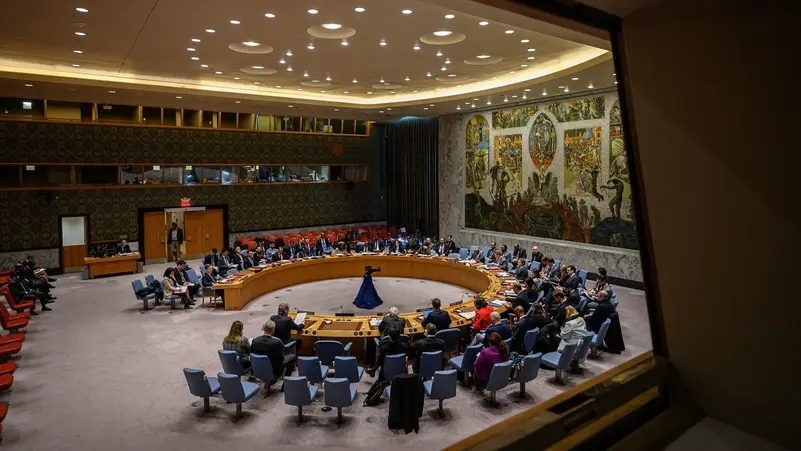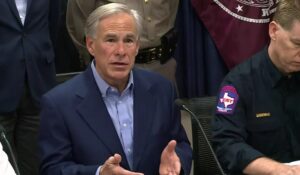The statement by Moscow that it will station tactical nuclear weapons in Belarus’ neighboring country caused divisions among the UN Security Council on Friday, but Russia, a permanent member, maintained its defiance.
While the Council gathered to consider Russian President Vladimir Putin’s announcement from March 25, China and Brazil criticized nuclear proliferation generally.
At the meeting called by Ukraine, which has been fending off a Russian invasion for more than a year, French Ambassador Nicolas de Riviere said, “This is a further blow to the arms control system, to strategic stability in Europe, and to world peace and security.”
Deputy British Ambassador James stated, “Let us be clear: No other government has mentioned the prospect of using nuclear weapons in this battle.He continued, calling Putin’s remarks “his latest attempt to frighten and coerce,” and asserting that “no one is threatening Russia’s sovereignty.”
This is ineffective and never will be effective. We’ll keep aiding Ukraine in its endeavors to protect itself, he declared.
But, Moscow maintained its stance that there was no distinction between its ambitions for Belarus and NATO’s stationing of American nuclear weapons in Europe.
The analogy has been labeled “misleading” by Western friendsChina and Brazil warned of the dangers of nuclear proliferation.
“Two wrongs do not make a right,” said Brazilian Ambassador Ronaldo Costa Filho.
“Reacting to a nuclear sharing arrangement or to any other perceived nuclear threat by the placement of weapons in a non-nuclear weapon state also constitutes a breach of NPT obligations,” he continued, referring to the nuclear non-proliferation treaty.
“This is a race to the bottom that makes nobody safe, regardless of who made the first move.”
China bluntly demanded “no deployment of nuclear weapons abroad by all nuclear weapon states and the withdrawal of nuclear weapons deployed abroad.”
For its part, the UN’s high representative for disarmament, Izumi Nakamitsu, called for all states to “avoid taking any actions that could lead to escalation, mistake or miscalculation.”
Ukraine had sought the meeting to counter what it described as Russia’s “nuclear blackmail.”





